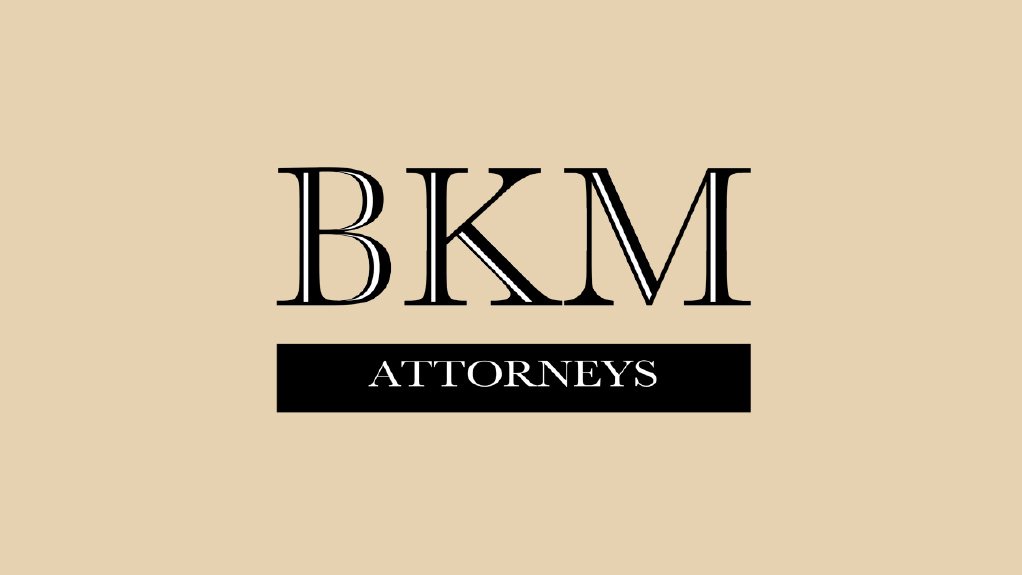The importance of a distinctive feature of a trademark was emphasised by Goliath J in the present High Court decision. The applicant in this matter, Discovery Holdings Limited (“Discovery”) was registered as the owner of the trademark in question, ‘Escalator Funds’.
Through a trademark search and various internet searches, the applicant discovered that Sanlam Limited (“Sanlam”) had been using the term ‘Escalating Fund’ to describe a service it provided that was, in essence, identical to Discovery’s Escalating Funds. It was common cause that the Discovery Group and Sanlam Group were direct competitors in the financial services industry and that their fields of activity overlapped.
Subsequently, Discovery approached the Court to interdict Sanlam from using its trademark on the basis of trademark infringement, specifically provided for in section 34 of the Trademarks Act 194 of 1993 (“the Act”). Sanlam, in their counter-claim, argued that the words ‘escalator’ and ‘funds’ (and any derivative thereof) are generic in nature and, as such, Discovery’s trademark should be removed from the register.
The Court highlighted the fact that, generally, it was inventive and innovative names that were afforded maximum security as trademarks. For example, marks that consist of words that, though they may have ordinary dictionary meaning, are specifically used in relation to products or services that are unrelated to that meaning (such as Apple for electronics). Goliath J went on to state that the term ‘Escalator Funds’ was “nothing more than a simple combination of two ordinary English words”, that it was merely descriptive and that it was not even a novel concept in the financial services industry.
Further, the Court found that Discovery failed to prove that consumers were aware of ‘Escalator Fund’ as a stand-alone mark separate from it’s housename attached to it. As a result, the registered mark lacked the requisite market recognition or commercial strength.
In terms of the s34(1)(a) of the Act, trademark infringement is the unauthorised use of an identical or confusingly similar trade mark in the course of trade in relation to goods or services which are either identical, or, according to s34(1)(b), so similar to those in respect of which the trademark is registered that such use is likely to cause
deception or confusion.
The Court held that the question “is not whether the people will confuse the marks, but rather whether the marks will confuse people into believing that the goods they identify emanate from the same source”, namely support or warranties. Goliath J found that the mark “Sanlam” that preceded the phrase “Escalating Funds” was the dominant feature of Sanlam’s mark and that, reasonably, the average consumer would view it as such. The Court held that there would, therefore, be no conceivable consumer confusion.
In terms of passing off, the Court stated that the reputation and goodwill of a mark is inextricably linked to its distinctiveness. It held that in this matter there was no evidence relating to promotional activities, media exposure or advertising expenditure figures relating to the mark.
With regard to Sanlam’s counter-application, Goliath J ordered that the trademark ‘Escalator Funds’ be removed from the trademark register due to the fact that "the notion of escalation and the related verb 'escalate' is a concept common to the financial services industry” It was held that Discovery could not claim a monopoly of these terms to the exclusion of other traders who are entitled to offer products with the same obvious features. Discovery's application was therefore dismissed and its trademark expunged from the register.
Prepared by Robyn Smerdon, BKM Attorneys
EMAIL THIS ARTICLE SAVE THIS ARTICLE
To subscribe email subscriptions@creamermedia.co.za or click here
To advertise email advertising@creamermedia.co.za or click here











